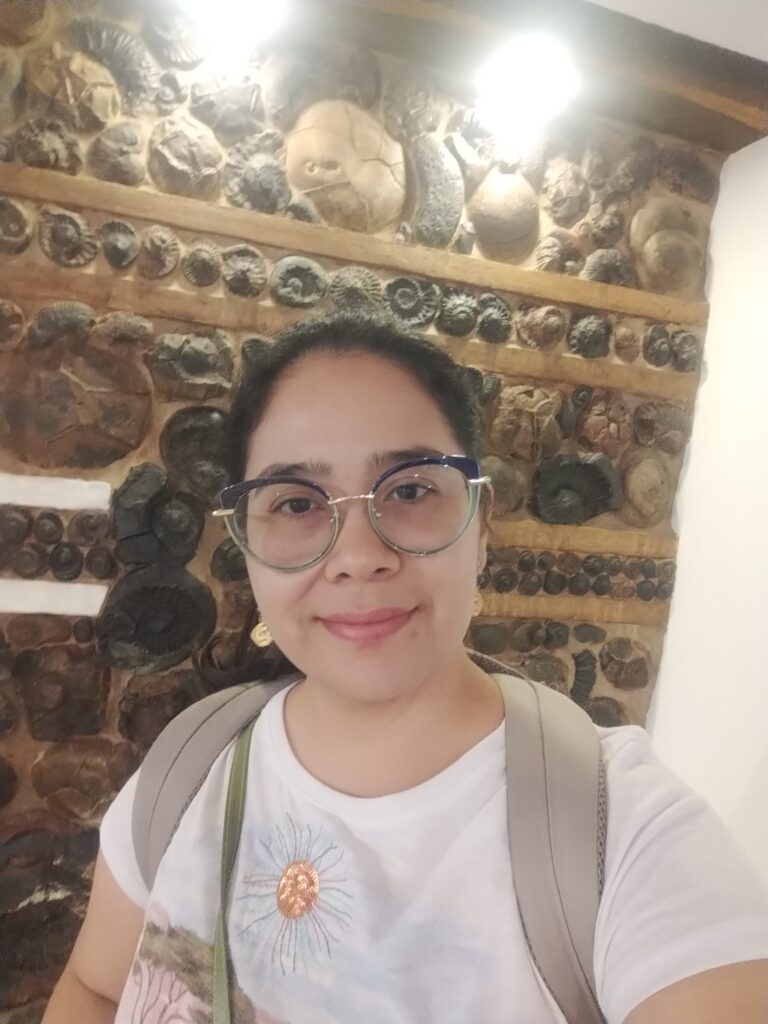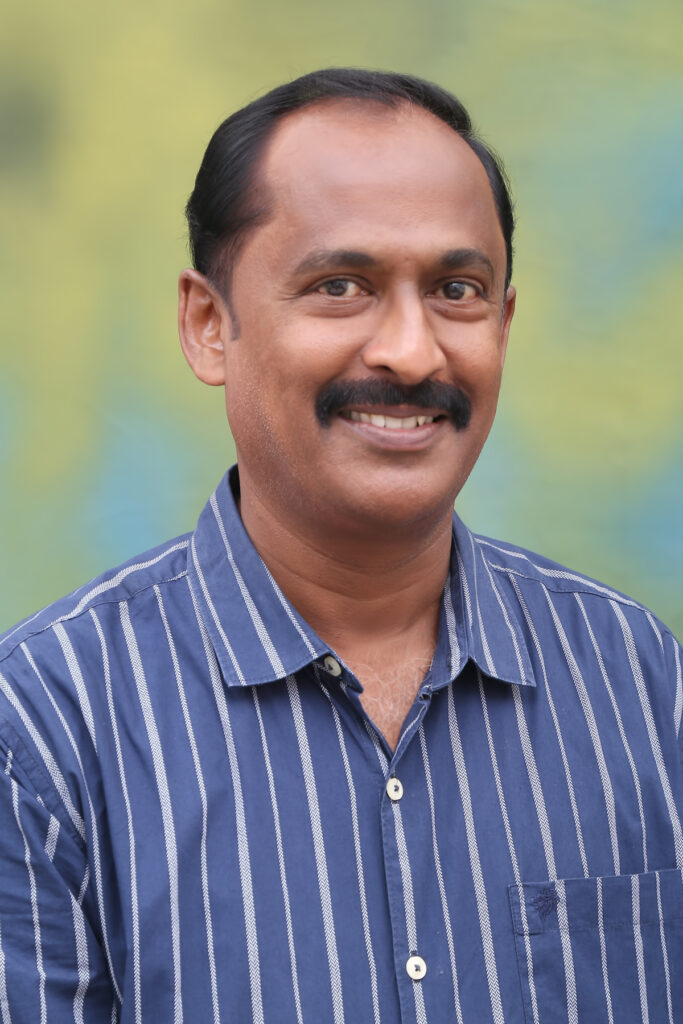DOAJ has over 100 volunteers who contribute their time and skills to reviewing applications. We are grateful for the work that our volunteers do, as Editors and Associate Editors, supporting Open Access principles at home in their day to day work and abroad.
DOAJ volunteers come from all over the world, from a variety of backgrounds, and speak many languages. We’ve checked in with three of them in this blog post, to learn more about their background and their motivations to volunteer their time to DOAJ.

Independent Scholar/ Universidad Nacional de Colombia Sede Medellín
Hello, Lina! Tell us about your background and your experience volunteering with DOAJ.
My name is Lina Blandón, and I have been reviewing DOAJ applications since June 2020. I review journals in Portuguese, which commonly include Brazilian and Portuguese journals. Being a DOAJ volunteer allowed me to learn more about open access policies and initiatives. I am a researcher, and I usually publish, so it is helpful to have an open access directory of journals that gives you confidence.
What I learned as a DOAJ editor, besides open access policies and initiatives, is how to avoid predatory journals, which are a big problem for researchers. Regarding the strengths and weaknesses of the Portuguese language journals, I generally saw strengths in publishing in Portuguese, mainly in journals related to social sciences and including local research or studies. Sometimes, I like to read some of these articles, and it is essential that these publications reach local people; they can read it in Portuguese, their native language. On the other hand, most of these journals allow publications in different languages, like English and Spanish. At a minimum, the abstract should always be in English besides Portuguese, which helps with the international reach of these works.
My expertise is in bioprocess and biotechnology. I studied Biological Engineering at the National University of Colombia (UNAL) in Medellin. I also earned a Master’s in Biotechnology at the same university, and, finally, I earned my Ph.D. in Bioprocess Engineering and Biotechnology in Brazil at the Federal University of Paraná (UFPR) in Curitiba. After these studies, I returned to my country, Colombia. I worked at the Marine and Coastal Research Institute (Invemar) in Santa Marta in the Colombian Caribbean as the Head of the Marine Bioprospecting Laboratory. As an outcome of this position, my recent research and publications are mainly related to marine microorganisms and their applications in the health and environmental fields. In 2023, I returned to my city, Medellin, and I’m waiting to start a postdoctoral stay at UNAL.

University of York
Associate Editor, English group
Hello, Ben! Tell us about your background and your experience volunteering with DOAJ.
I’ve been a volunteer Associate Editor at DOAJ for nine years and have reviewed over 80 English language journal applications during my time. These have mostly been from the United States and United Kingdom, but I’ve also reviewed several from Indonesia, Pakistan and other countries. I enjoy seeing how the principles of open access publication are adopted across a diverse range of research disciplines. It’s especially rewarding when I can liaise with journal editors and suggest ways to improve their publishing practices and meet the criteria for inclusion and the DOAJ Seal.
I work as a librarian at the University of York, a role which has become interconnected with DOAJ over the years as my focus has evolved towards supporting open research. Our teams rely on DOAJ as a trusted source of publication information when making key decisions around funding for article processing charges (APCs). My colleague Matthew recently simplified our processes by importing DOAJ journal metadata (freely available from the public data dump) into our ‘Where can I publish open access?’ search tool. This provides our authors with a comprehensive list of options when it comes to publishing their research, including ‘diamond’ journals which do not charge any APCs. The University of York Library has also been a DOAJ supporter for many years, in recognition of its usefulness to our work and as a sign of our commitment to supporting the wider ecosystem of open research services and infrastructure.
Hello, Adhi! Tell us about your background and your experience volunteering with DOAJ.

Bharathidasan Institute of Management, Tiruchirappalli, Tamil Nadu, India
Associate Editor, India & Pakistan group
I have been associated with DOAJ since April 2024, evaluating journals in the English language from India. In the future, I would like to contribute in my native language of Tamil. I really enjoy processing the DOAJ-assigned applications and also learning multiple concepts. Unexpected events, other professional responsibilities, personal commitments and unexpected travels are my current challenges, but I am overcoming all the issues and successfully completing the tasks on time.
I work as Chief Librarian and Research Coordinator at Bharathidasan Institute of Management, BHEL Campus, Tiruchirappalli, Tamil Nadu, India. My responsibilities are heading the Knowledge Resource Centre, Collection and Development, processing all types of resources (print, digital and media), and providing services to all the faculty members, student communities, and research scholars. Inside the campus, whenever the opportunity comes, I speak about the DOAJ, to student communities, at faculty council meetings, and also at outside engagements. I recently participated in the National “Ideathon” competition and won first prize in the topic of Smart Technologies and Smart Libraries in the 2024 National Convention on Knowledge, Library, and Information Networking (NACLIN) organised by DELNET (Developing Library Network) jointly with Medi-CAPS University, Madya Pradesh, India. I was also invited to deliver a talk on “Smart Library Technologies: Strategies for Implementation Process” at the convention.
How can one volunteer for DOAJ?
DOAJ will post a call for volunteers on our social media platforms. Please subscribe to and follow this blog to keep up to date with any new calls for volunteers that fit your geographical or linguistic background.

I want to be a volunteer of DOAJ, thank you….. Kindly state me a process to be a volunteer
Hello, Aditi!
Thanks for your question. We aren’t looking for volunteers just now but we when we do need new volunteers, we always publish a post on this blog. Sign up for alerts so you don’t miss the next call.
Thank you for your support of DOAJ!
Kind regards, Dominic